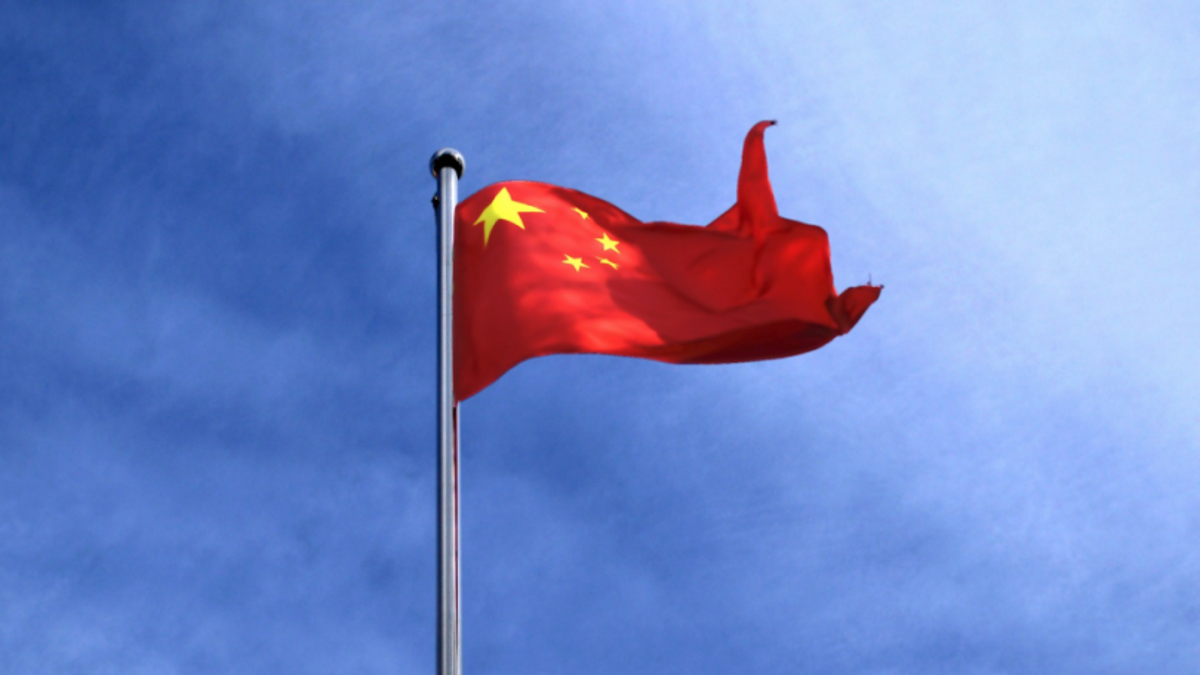
The White House is banning US suppliers from selling components to Sugon, a major Chinese supercomputer vendor, over concerns the technology sales will help modernize the Chinese military.
On Friday, the Commerce Department added Sugon, three affliated companies, and a Chinese research institute to an "entity list" because they've allegedly been acting against US national security and foreign policy interests. Sugon, which sources components from Intel, AMD, and Nvidia, is responsible for dozens of supercomputers that currently rank on the world's top500 list.
According to the Commerce Department, Sugon has been working with Chinese research institutes to create an "exascale" supercomputer, which the US is also striving to build. The new technology will be at least five times more powerful than the current leading supercomputers. However, the Commerce Department is concerned China will use its exascale system for military purposes.
"Sugon has publicly acknowledged a variety of military end uses and end users of its high-performance computers," the department said in its notice. In 2015, the US also blacklisted another Chinese institution, the National University of Defense Technology, on claims it was buying US chips to build supercomputers that can simulate nuclear weapons and other military activities.
More From PCmag
The order from the Commerce Department blacklists Sugon, and three other companies in which the Chinese vendor has a stake in. This includes Higon, which has a joint venture with AMD to build custom "Hygon" chips for the Chinese server market. Presumably, AMD will have to now end that partnership. The sales can only resume if a license has been secured from the Commerce Department.
In addition to the four companies, the Wuxi Jiangnan Institute of Computing Technology was also added to the entity list on claims it's been helping the Chinese military to build an exascale supercomputer.
Today's action is the latest shot to be fired amid ongoing trade tensions between the US and China. Last month, the Trump administration also blacklisted Huawei and accused the Chinese company of acting against US interests. As a result, Huawei has lost access to components and licensed software from Qualcomm, Intel, Microsoft, and Google. The Chinese vendor now projects it will lose $30 billion in revenue over the next two years.
However, both Huawei and China's supercomputer industry have been developing their own homegrown technologies, which might be able to supplant US-developed processors and software. Currently, China's fastest supercomputer ranks third in the world, and runs on Chinese-designed processors. Reportedly, one prototype of the country's upcoming exascale supercomputer is based entirely on Chinese homegrown CPUs.
This article originally appeared on PCMag.com.
